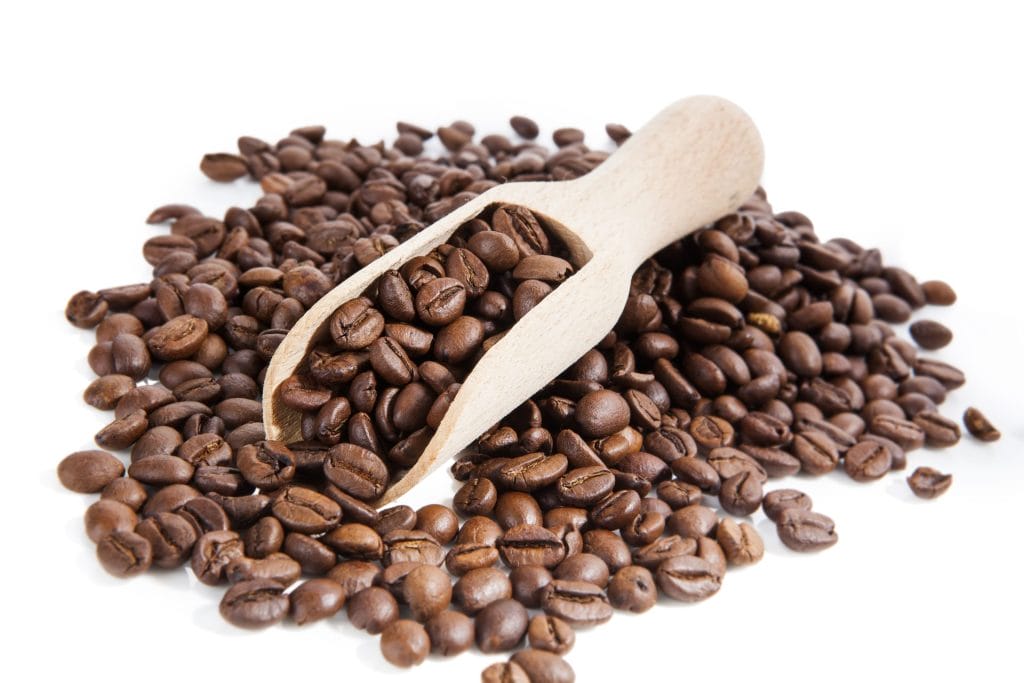Forget Caffeine: How to Recharge Your Cellular “Batteries” with Mitochondrial Liquid Shots
Key Takeaways Mitochondria produce 90% of your body’s energy through ATP production, making them essential for sustained vitality Caffeine provides temporary stimulation but doesn’t address cellular energy deficiency at the mitochondrial level Liquid mitochondrial support formulas offer 3-5x faster absorption compared to capsules, delivering nutrients directly to cells Natural ATP boosters like CoQ10, PQQ, and B-vitamins support mitochondrial biogenesis and cellular metabolism Recognizing mitochondrial dysfunction symptoms early can help you address energy problems at their source Introduction: The Real Source of Your Energy Crisis We’ve been conditioned to believe that fatigue requires caffeine. Feeling sluggish at 2 PM? Grab another coffee. Can’t focus during your afternoon meeting? Energy drink to the rescue. But what if this approach is merely masking a deeper problem—one that exists at the cellular level, in the microscopic powerhouses called mitochondria? Every cell in your body contains these tiny organelles working tirelessly to produce adenosine triphosphate (ATP), the molecular currency of energy. When your mitochondria aren’t functioning optimally, no amount of caffeine can truly solve the problem. You’re essentially whipping tired horses rather than feeding them properly. The result? A cycle of stimulation followed by crashes, oxidative stress accumulation, and progressively declining cellular metabolism[1]. This comprehensive guide explores how bioavailable mitochondrial support through liquid supplementation offers a scientifically-backed alternative to caffeine dependency. You’ll discover the mechanisms behind true cellular energy production, recognize the signs of mitochondrial dysfunction, and learn why liquid delivery systems represent a paradigm shift in how we nourish our cells. By the end, you’ll understand how to support your body’s natural energy production at the most fundamental level—giving your mitochondria exactly what they need to keep you energized throughout the day. Understanding Your Cellular Power Plants: Mitochondria 101 What Are Mitochondria and Why Do They Matter? Mitochondria are double-membraned organelles found in nearly every cell of your body, with some cells containing thousands of these energy factories. Often called the “powerhouses of the cell,” mitochondria convert nutrients from food into ATP through a complex process called oxidative phosphorylation[2]. This process is so efficient that a single glucose molecule can yield up to 38 ATP molecules when mitochondria are functioning optimally. Your heart cells contain approximately 5,000 mitochondria per cell, while your liver cells may contain up to 2,000—reflecting the enormous energy demands these organs face[3]. When mitochondrial function declines, these high-demand tissues are typically the first to show symptoms, manifesting as cardiovascular issues, cognitive fog, and metabolic dysfunction. The ATP Production Process: Your Body’s Energy Currency ATP production occurs through three main stages: Glycolysis: Occurs in the cytoplasm, breaking down glucose into pyruvate Krebs Cycle (Citric Acid Cycle): Takes place in the mitochondrial matrix, generating electron carriers Electron Transport Chain: Located in the inner mitochondrial membrane, produces the majority of ATP molecules This intricate process requires specific cofactors and nutrients including CoQ10, B-vitamins, magnesium, and L-carnitine. When even one of these essential components is deficient, the entire energy production system becomes compromised[4]. This is where targeted mitochondrial support becomes crucial—not as a stimulant, but as fundamental cellular nutrition. Mitochondrial Biogenesis: Creating New Energy Factories One of the most exciting discoveries in cellular biology is mitochondrial biogenesis—your body’s ability to create new mitochondria. This process is regulated by proteins like PGC-1α (peroxisome proliferator-activated receptor gamma coactivator 1-alpha) and can be stimulated through exercise, caloric restriction, and specific nutrients[5]. Supporting mitochondrial biogenesis means you’re not just optimizing existing mitochondria but actually increasing their numbers. Compounds like pyrroloquinoline quinone (PQQ) have been shown to stimulate the production of new mitochondria, offering a pathway to genuinely enhanced cellular capacity rather than temporary stimulation[6]. Mitochondrial Dysfunction Symptoms: Is Your Cellular Energy Compromised? Common Warning Signs of Mitochondrial Decline Mitochondrial dysfunction affects approximately 1 in 4,000 people with genetic mitochondrial diseases, but far more individuals experience subclinical mitochondrial impairment due to aging, stress, poor nutrition, and environmental toxins[7]. Recognizing the symptoms early allows for intervention before serious health complications develop. Key mitochondrial dysfunction symptoms include: Persistent fatigue: Exhaustion disproportionate to activity level, unrelieved by sleep Exercise intolerance: Rapid muscle fatigue, prolonged recovery times, post-exertional malaise Cognitive difficulties: Brain fog, poor concentration, memory problems Muscle weakness: Particularly in activities requiring sustained effort Neurological issues: Migraines, seizures, developmental delays in children Gastrointestinal problems: Chronic constipation, reflux, difficulty gaining weight Cardiovascular symptoms: Heart palpitations, abnormal heart rhythms Vision and hearing loss: Progressive sensory decline The Aging-Mitochondria Connection Mitochondrial function naturally declines with age, with some studies showing a 50% reduction in mitochondrial ATP production capacity by age 70[8]. This decline contributes to many age-related conditions including sarcopenia (muscle loss), cognitive decline, and reduced exercise capacity. The accumulation of oxidative stress and mitochondrial DNA mutations creates a downward spiral affecting overall vitality. However, this decline isn’t inevitable or irreversible. Research demonstrates that targeted nutritional support can significantly improve mitochondrial function even in older adults, essentially “rejuvenating” cellular energy production[9]. Understanding age-related nutrient deficiencies becomes crucial for maintaining mitochondrial health throughout the lifespan. Environmental and Lifestyle Factors Modern life presents unique challenges to mitochondrial health: Chronic stress: Elevates cortisol, increasing oxidative stress and depleting mitochondrial cofactors Poor diet: Processed foods lack essential nutrients while promoting inflammation Toxin exposure: Heavy metals, pesticides, and pollutants directly damage mitochondria Sedentary lifestyle: Lack of movement signals the body to reduce mitochondrial numbers Sleep deprivation: Impairs mitochondrial repair and regeneration processes These factors create a perfect storm for mitochondrial dysfunction, making proactive cellular support more important than ever[10]. Sample blog Glam Dust Radiant Skin – Luscious Hair – Pristine Nails Vitamin Shots The Ultimate Brain And Body Supplement Vitamin Sprinkles Fuel Your Brain – Nourish Your Body – With One Delicious Sprinkle Natural ATP Boosters: The Essential Nutrients Your Mitochondria Crave Coenzyme Q10: The Electron Transport Chain Essential CoQ10 serves as a critical electron carrier in the mitochondrial electron transport chain, directly participating in ATP production. This fat-soluble antioxidant also protects mitochondrial membranes from oxidative damage[11]. Your body produces CoQ10 naturally, but production declines significantly after age 30, and certain medications (particularly statins) further deplete levels. Research











.png)
